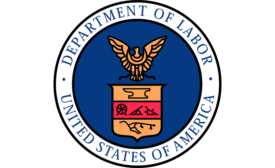ARTICLES
A U.S. Department of Labor Blog post
The cell phone in your pocket shouldn't cost a worker's life
February 12, 2016
OSHA saves lives and jobs
“OSHA doesn’t kill jobs; it helps prevent jobs from killing workers.”
May 23, 2012
Become a Leader in Safety Culture
Build your knowledge with ISHN, covering key safety, health and industrial hygiene news, products, and trends.
JOIN TODAYCopyright ©2025. All Rights Reserved BNP Media.
Design, CMS, Hosting & Web Development :: ePublishing






